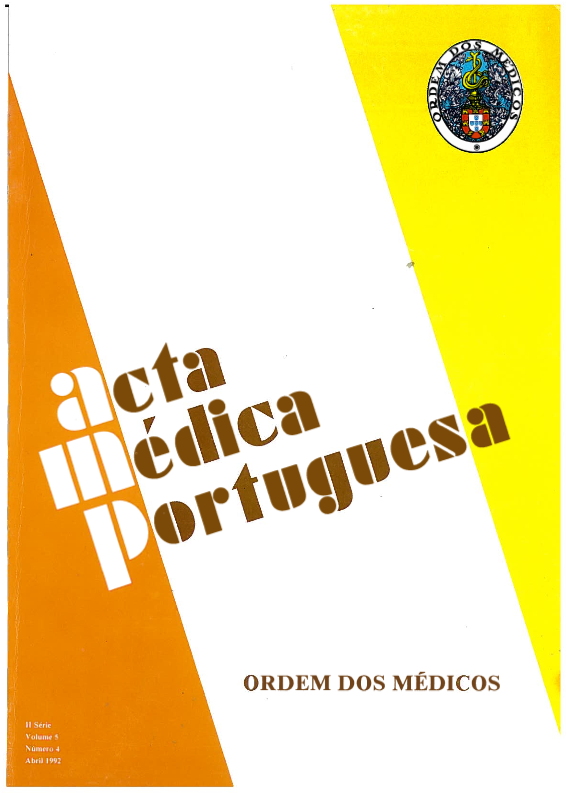Ethics in researcher-research promotor relations.
DOI:
https://doi.org/10.20344/amp.3220Abstract
The performance of Clinical Trials can give rise to ethical problems especially between the researchers and the promotors but sometimes also with those who are in charge of the publication of results. Medicine and the Pharmaceutical Industry must face up to the need to try and save a marriage that is not only one of convenience but most of all lifesaving. The Industry supports the major slice of Postgraduate and Continuous Medical Education with its main goal being the promotion of its products. The Educational component we doctors are interested in is usually secondary for the Industry. A Clinical Trial comprises several steps beginning with the design of its protocol, its discussion by promotors and scientists and its performance where researchers, monitors, and official auditors have the main role. The analysis of the results should be handled by official boards unrelated to either promotors or researchers and their publication should be undertaken by a reliable Medical Journal whose editorial board would authenticate the accomplished scientific work. Ethical Commissions, both national and institutional, have a unique role in the analysis and authorization of Clinical Trials. Before any drug is put onto the pharmaceutical market, it is obligatory that the four successive phases of Clinical Pharmacological Studies be accomplished. A common problem we usually face is to differentiate a Phase IV from just a Promotional Trial. When a Promotional Trial is done, all the clinical goals of investigation have already been reached. The objectives of Promotional Trials are merely related to the Marketing Department and disregard any scientific purposes. Promotional Trials should not involve Universities, Hospitals and other official Institutions.(ABSTRACT TRUNCATED AT 250 WORDS)Downloads
Downloads
How to Cite
Issue
Section
License
All the articles published in the AMP are open access and comply with the requirements of funding agencies or academic institutions. The AMP is governed by the terms of the Creative Commons ‘Attribution – Non-Commercial Use - (CC-BY-NC)’ license, regarding the use by third parties.
It is the author’s responsibility to obtain approval for the reproduction of figures, tables, etc. from other publications.
Upon acceptance of an article for publication, the authors will be asked to complete the ICMJE “Copyright Liability and Copyright Sharing Statement “(http://www.actamedicaportuguesa.com/info/AMP-NormasPublicacao.pdf) and the “Declaration of Potential Conflicts of Interest” (http:// www.icmje.org/conflicts-of-interest). An e-mail will be sent to the corresponding author to acknowledge receipt of the manuscript.
After publication, the authors are authorised to make their articles available in repositories of their institutions of origin, as long as they always mention where they were published and according to the Creative Commons license.









